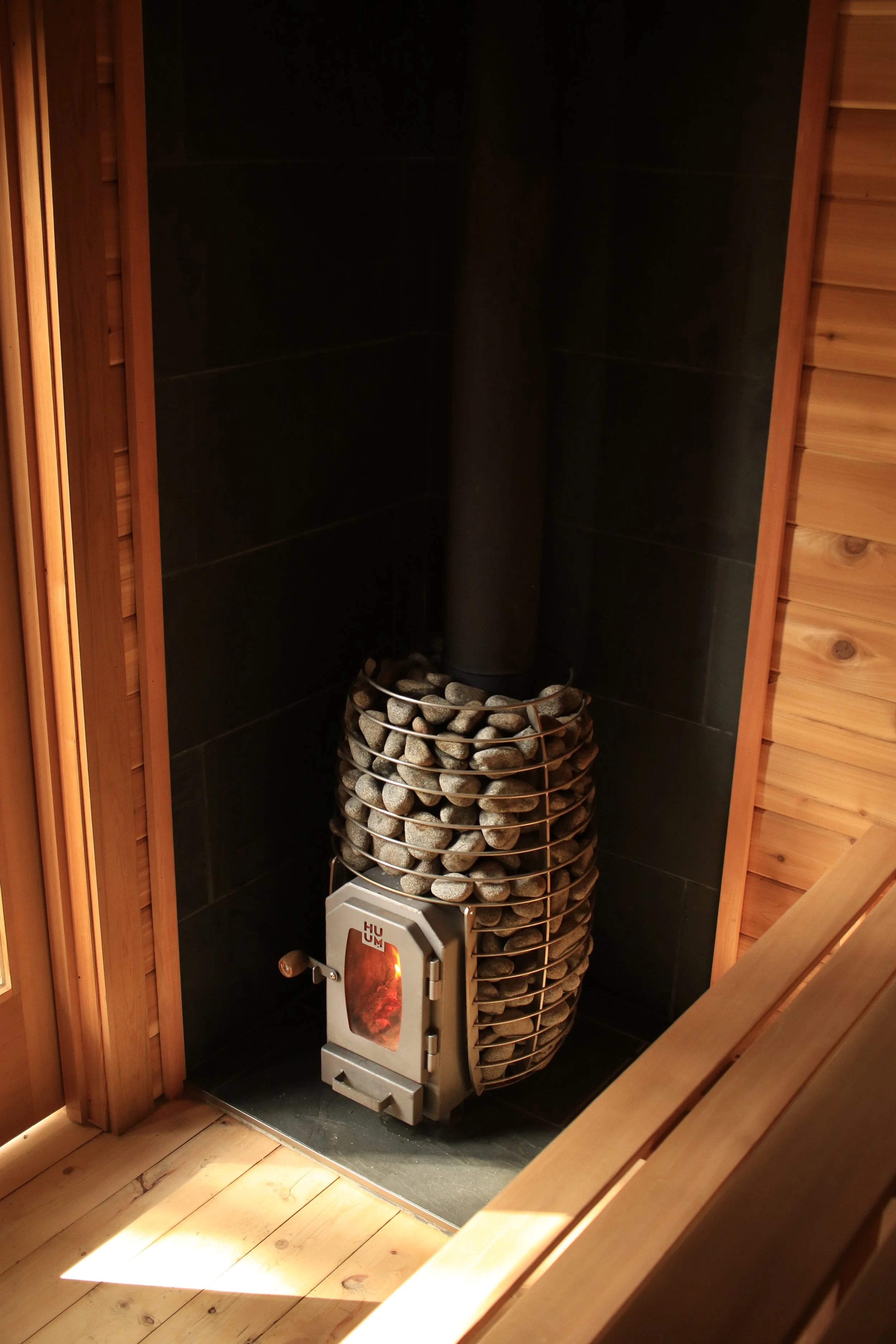FAQs
-
A sauna is a small room or space designed to experience dry or wet heat sessions, typically for relaxation, detoxification, and health benefits.
-
Saunas work by heating the air inside the room, which in turn increases the body's temperature when you're inside. This induces sweating, which helps in cleansing the body of toxins and impurities.
-
Sauna usage is associated with various health benefits, including relaxation, stress reduction, improved circulation, detoxification, relief from muscle tension, and potentially enhanced immune function. However, it's important to consult with a healthcare professional, especially if you have any underlying health conditions.
-
Sauna temperatures typically range between 70°C (158°F) and 100°C (212°F), depending on the type of sauna and personal preference. Traditional Finnish saunas often reach higher temperatures.
-
Sauna sessions usually last between 10 to 20 minutes, although this can vary based on individual tolerance and preferences. It's important to listen to your body and leave the sauna if you start feeling uncomfortable or dizzy.
-
Before entering a sauna, it's recommended to shower to cleanse your body and remove any lotions or oils. Additionally, drink plenty of water to stay hydrated, and consider bringing a towel to sit on inside the sauna.
-
Individuals with certain health conditions, such as heart disease, high blood pressure, or pregnancy, should consult with a healthcare professional before using a sauna. In some cases, sauna usage may not be recommended or may require certain precautions.
-
After leaving the sauna, it's essential to rehydrate and cool down. Allow your body to rest and avoid strenuous activities immediately after a sauna session.
-
The frequency of sauna usage depends on individual health status and tolerance. For most people, using a sauna a few times per week is generally safe and beneficial. However, it's essential to listen to your body and avoid overdoing it.
-
While sauna usage is generally safe for healthy individuals, there are risks associated with prolonged exposure to high temperatures, such as dehydration, overheating, and fainting. It's important to practice moderation, stay hydrated, and listen to your body's signals. If you have any concerns or underlying health conditions, consult with a healthcare professional before using a sauna regularly.


